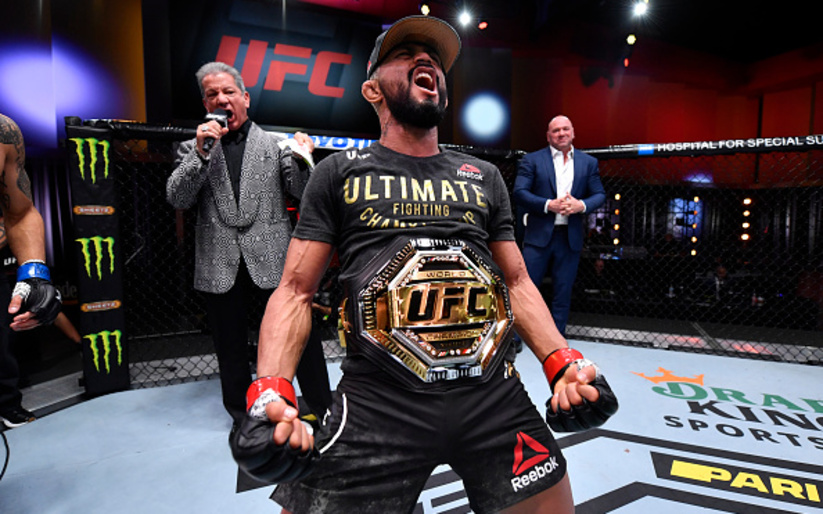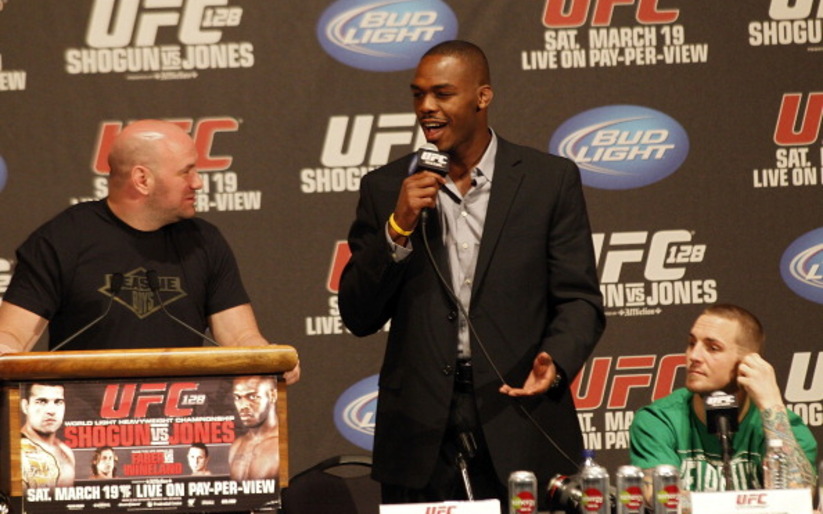Gone are the days of all night tournament style MMA fights to crown a champion where most of the guys had only been training for a few weeks or relied solely on street fighting experience. Nowadays, athletes train for years before getting a shot at amateur fights in hopes of one day turning pro for a local promotion, with the end goal to get noticed, at some point, by one of the big promotions.
Once fighters get serious about turning a passion into their future, the appeal of the teams constantly peppering the main event cards becomes quite interesting. What is so different about those teams however? And are they actually any better than any other gym?
In his book The Laws of the Ring, Urijah Faber talks about getting his gym, Ultimate Fitness, off the ground in Sacramento, California. Most fans know this gym as the home of Team Alpha Male, just as Jaco Training Center in Florida is better known as the Blackzillians. Team Alpha Male started as Faber would bring in training partners to help him get ready, and stay ready, for fights. Those guys ultimately decided to stay in such a good training environment, conducive to their betterment as fighters.
Faber was the driving force of this team, the famous face and name, up until he offered Duane Bang a job as the team’s Muay Thai coach. Now many of the guys in the smaller weight divisions come from this team and are quickly climbing their ranks, even capturing the UFC Male Bantamweight Championship in TJ Dillawshaw’s unbelievable upset over Renan Barao.
As quickly as Dillashaw was getting the belt wrapped around his waist for the first time, talk was turning to the possibility of him and Faber eventually fighting. With Duane Bang having moved back to Colorado it would be an option for Dillawshaw, who has a close bond with Bang, to move his camp for this particular hypothetical fight up to Colorado, while Faber would remain at home camp.
Team names are easy to drop, ATT, BTT, Nova Unioa, Tristar, Jackson-Wink; all teams with a number of extremely talented fighters climbing the ranks of any and all professional weight classes. MMA gyms are almost as common as chain fitness gyms nowadays in big cities, if one takes away the household names these teams possess, are the gyms, the training, actually superior?
Certainly for the fighters populating said teams the training is top notch. However, that is an individual opinion and experience. Ultimately, what makes a gym so great is not how many superstars it can count among its ranks, but rather, the effectiveness the coach, or coaches, have on the individual athlete seeking to hone their skills. Just as not everyone gets along in a regular office, the same can be said for gym life. At the end of the day, if an athlete cannot develop a close relationship with their coaches and teammates, a big name will not help them.
Certainly, these gyms are doing more than one thing right, one of their main qualities might just be how they have discovered and developed ways to connect with their athletes. Since, in the end, if the voice in the corner of the cage doesn’t cut through all the noise like a missile to reach the fighter’s brain so he or she will react to such a familiar and trustworthy voice without even needing to think of the demands, that athlete may need to find a team where this magic will take place.


